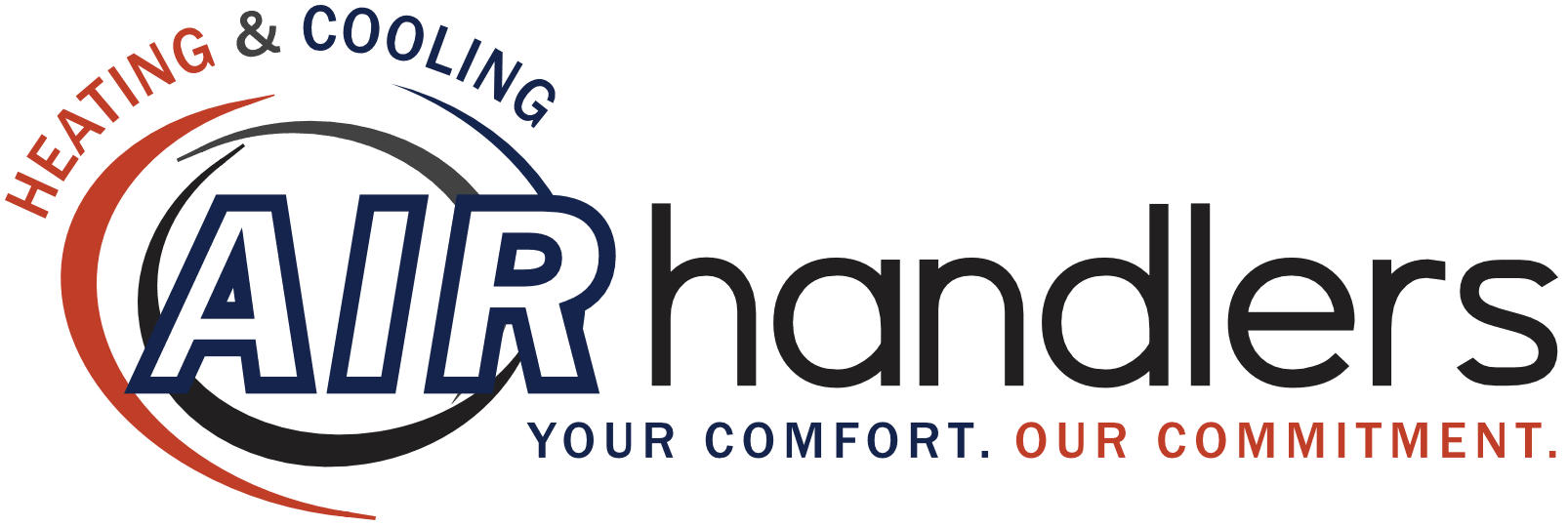According to the National Fire Protection Association, heating equipment is a leading cause of home fire deaths. Almost half of home heating equipment fires are reported during the months of December, January, and February. Some simple steps can prevent most heating-related fires from happening.
- Keep anything that can burn at least three feet away from heating equipment, like the furnace, fireplace, wood stove, or portable space heater.
- Have a three-foot “kid-free zone” around open fires and space heaters.
- Keep the burner area of your furnace clean.
- Do not store combustible material such as paint thinners, gasoline, etc. near a flammable heating source.
- Do not close off more than 20% of the registers in your house. This can cause high resistance and unnecessary heat buildup in the furnace.
- Never use your oven to heat your home.
- Have a qualified professional install stationary space heating equipment, water heaters or central heating equipment according to the local codes and manufacturer’s instructions.
- Remember to turn portable heaters off when leaving the room or going to bed.
- Always use the right kind of fuel, specified by the manufacturer, for fuel burning space heaters.
- Make sure the fireplace has a sturdy screen to stop sparks from flying into the room. Ashes should be cool before putting them in a metal container. Keep the container a safe distance away from your home.
- Test smoke alarms monthly.
- Have heating equipment and chimneys cleaned and inspected every year by a qualified professional.
- Install Carbon Monoxide detectors.
CARBON MONOXIDE: Furnaces are comprised of many pieces. One of the most important pieces in your furnace is the heat exchanger. It’s responsible for supplying your home with warm air. Every time you turn your furnace on, the heat exchanger becomes red hot and expands. Over its lifetime, it expands and contracts thousands of times.
Heat exchangers expand and contract so many times that eventually they can crack. Also, condensation exhaust from the furnace may collect, causing severe rusting and holes in your heat exchanger over time. If these cracks or holes form, this means that carbon monoxide could potentially leak into your living areas. Carbon Monoxide is a poisonous gas often referred to as a silent killer, and for good reason. It’s odorless and tasteless. When it’s released into the air, homeowners often can’t tell.
NATURAL GAS: If you smell gas…
- Do not attempt to locate gas leaks.
- Do not remain in the building when there is a strong gas odor. From a safe distance, be ready to let our representative into your home or business so he or she can investigate.
- Do not turn on or off any battery-powered, rechargeable or electrical device, including phones, garage door opener, radios, TVs, computers or any device that could create a spark.
- Do not turn on or turn off any lights or electrical switches, or unplug appliances.
- Do not use telephones of any type, including cordless, cell or landline.
- Do not use elevators.
- Do not position or operate vehicles and power equipment where leaking gas may be present.
- Do not smoke or use lighters, matches or other open flames.
-
Link to Dominion Virginia Power https://www.dom.com/about/safety/natural-gas-safety.jsp
